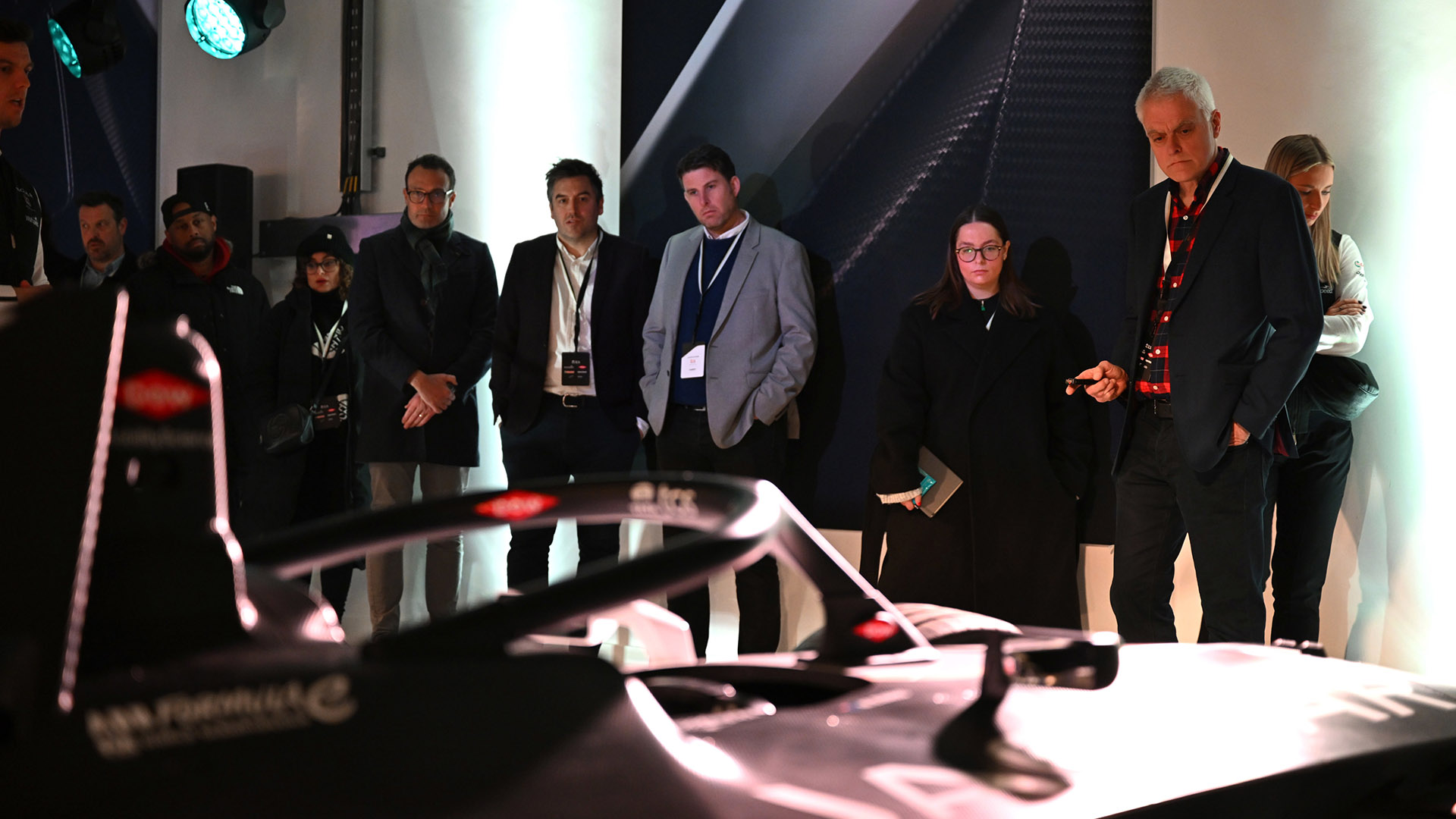
One of the justifications for car manufacturers spending millions funding racing and rallying teams over the years has been that motorsport technology filters down into their road cars, making them better. Examples include disc brakes, active suspension and steering wheel buttons - all inspired by the race track. But in recent years the trend has, if anything, been inverted. Hybrid powertrains and lithium-ion batteries, for example, appeared first on the road. But could that trend be about to switch back?
I recently visited the impressive new headquarters of Jaguar TCS Racing at Kidlington in Oxfordshire. It’s where the team’s very successful electric Formula E racing cars, now in their third generation, are engineered. All the talk was about how racing developments will help improve the company’s future roadgoing electric Range Rovers, Defenders, Discoverys and Jaguars.
While some Formula E components, including the battery, chassis and tyres, are standard and common to all teams, others such as the inverter, motor and gearbox, can be engineered by teams for their competitive advantage. That’s where they can show cutting-edge innovation.

According to Jack Lambert, Jaguar’s Research and Innovation Manager, their racing engineers, in partnership with Wolfspeed, have created improved silicon carbide semiconductors that boost the performance of the inverter, a component that converts direct current from the battery into alternating current that powers the motor.
Other advances include heat conducting materials, developed in conjunction with Dow Chemical, that are new to automotive applications and improve the all-important business of EV thermal management. Meanwhile, new gearbox oils that can be re-refined, cutting emissions in half, have been developed with Castrol. The recycled lubricants achieve performance parity with virgin oils in the most demanding conditions. All these developments will help improve the company’s electric road cars.
Though politicians can adopt a tunnel-vision approach, with battery EVs as seemingly the only option for our automotive future, motorsport has a refreshingly open attitude. Formula One is set to be running on sustainable, lab-created e-fuel in 2026. These may be a controversial niche, with concerns about how much energy and other resources are used in their creation, but the experience will be watched with huge interest by owners of classic cars, and by manufacturers who want to take advantage of the EU’s decision to allow the sale of internal combustion cars running on synthetic fuels after the petrol and diesel cut off date of 2035.
Hydrogen is also being explored in a competitive environment. The Automobile Club de l’Ouest, the organiser of the Le Mans 24 Hours, has announced that it will allow hydrogen-engined vehicles to compete in the legendary endurance race in 2026. Renault’s sporting brand, Alpine says it’s developing a fuel cell hydrogen-powered car for the event while Toyota has shown its GR H2 Racing Concept, which burns the fuel.
Even the frustratingly distant goal of truly self-driving cars is being furthered by motorsport. The Abu Dhabi Autonomous Racing League, or A2RL is launching next April.with 10 teams from around the world racing autonomous cars capable of 300 km/h.
It’s all very exciting. We could be on the brink of a creative and exhilarating new era of motorsport-inspired road car tech. Pop the champagne corks - we will all be winners!







